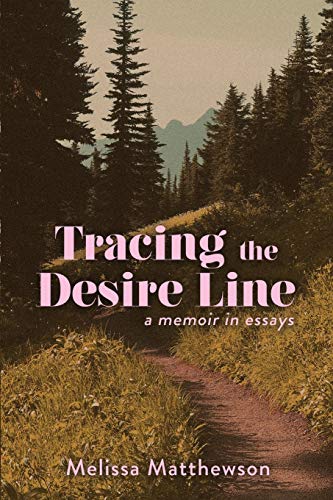The late Charles Bukowski was the Charles Baudelaire of the gutter, the great poet of skid row who found tenderness and beauty in the most squalid of surroundings while blocking out the pain of life as much as he could with an excess of sex and booze. Some find Bukowski’s dispatches from the underground highly overrated, but Bukowski’s poems are extraordinarily vivid and often bitterly funny observations of people living on the very edge of oblivion. His poetry, in all it’s glorious simplicity, was accessible the way poetry seldom is – a testament to his genius.
Tales of Ordinary Madness, loosely based on Bukowski’s book
Erections, Ejaculations, Exhibitions and General Tales of Ordinary Madness, was written and directed by the late Marco Ferreri, the great Italian master of black comedy. While it was widely reported that Bukowski hated the film, it nevertheless finds that unique balance between melancholia and despair that fuels Bukowksi’s work. Ben Gazzara, who is absolutely magnificent here, stars as Charles Serking (read Charles Bukowski), a hard-drinking poet living in the depths of Hollywood among the “doomed, demented and the damned – the real people.” The film begins episodically, as we see Serking meet a teenage runaway dwarf backstage of a theater where he is reciting. He lulls the young woman to sleep, but in the morning she has vanished, having stolen bus tickets from Serking.
He meets a middle-aged blonde at the beach (played with incredibly believable mania by Susan Tyrrell in an unforgettable performance) who lures Serking to her apartment for a few bouts of rough sex and rape fantasies before calling the police on him and having him arrested for “carnal violence.” He gets released, and goes to his favorite bar to numb himself, where he meets the doomed Cass (the beautiful Ornella Muti), a prostitute who had been brought up in a convent. Cass sidles up to Serking at the bar, full of world-weariness and self-loathing, and in a scene of Buneulian cruelty, promptly takes a huge safety pin and pushes it straight through both of her cheeks.
Serking finds himself taking Cass back to his blue-walled apartment, where his landlady is his feisty ex-wife (played by Tanya Lopert). At first Cass uses Serking as a way to numb the pain of her existence (“fuck me until there’s nothing left for the others,” she asks him), but Serking soon finds himself falling in love. Scared of his feelings, he launches back into the lower depths of Hollywood with a passion, sleeping in flop houses and acting out a return to the womb with a portly widow.
He returns to Cass, but she has since tried to kill herself by cutting her throat with a broken bottle. He takes her to the beach where they spend a brief idyll on a serene sandbar, but when Serking awakes, Cass is gone. He finds her in his apartment where she has closed up her vagina with the large safety pin. Serking is called to New York by a publisher, but it’s not long before he returns to California, where his inquiry about Cass is met with the worst news possible, triggering a new downward spiral.
This is magnificent, edgy filmmaking that brilliantly matches the savage beauty of Bukowski’s poetry, and I’ll never understand the critical drubbing this film has taken. (That supreme film nerd Leonard Maltin called it “pretentious swill.”) There are gorgeous moments – Muti, bottomless, feeding seagulls on a sandbar is achingly beautiful – and the dingy milieu of the Hollywood dregs is vividly imagined. (Fererri’s co-writer here is Sergio Ameidi, who worked on
Open City,
Paisan and
Strombloi with Roberto Rosellini.) The sex, particularly the scenes with Tyrrell, manage to capture brilliantly the tone of poems like “One of the Hottest” – “you boys can keep your virgins,” Bukowski writes, “give me hot old women in high heels with asses that forgot to get old.”
Perhaps the reason Bukowski hated it is because Fererri’s presence is almost as strong as Bukowski’s, and a single film perhaps is not meant to house two such distinct talents. Ferreri, who died in 1997 of a heart attack, is best known in this country as the man who made La Grande Bouffe (1973), a brilliant twist on De Sade’s 120 Days of Sodom in which four pillars of the community retire to a French villa and eat themselves, graphically, to death. Ferreri had been making films since the `60s and gained some notoriety with films like The Ape Woman and Dillinger is Dead, and Don’t Touch the White Woman. His films are often examinations into the nature and myths of masculinity, and Tales fits his style perfectly. That it remains a film with a bad reputation is an terrible shame – it hits the essence of Bukowski head on, much better than Barbet Schroeder’s

